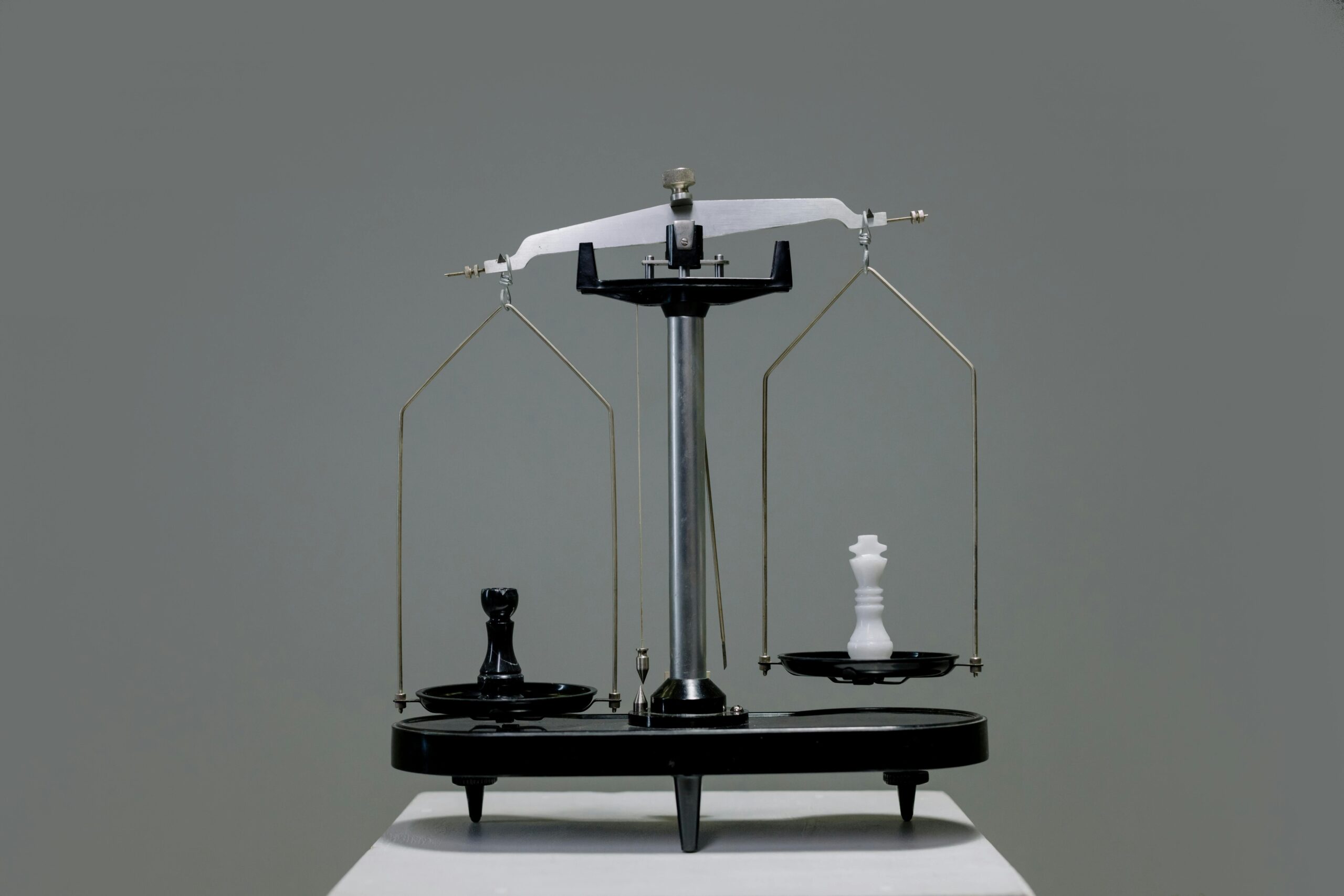The Top Line
Insights on the latest legal news and developments from our expert lawyers,
with a handy top-line summary for busy people like you.
-
Trademarks Shake-up: Making Sense of Recent Changes to Trademarks Practice
The Top Line A series of amendments to the Trademarks Act and Regulations came into effect on April 1, 2025 that introduce significant changes to proceedings at the Trademarks Opposition Board and Federal Courts. These amendments are intended to improve the efficiency of contested proceedings, to discourage undesirable conduct and abusive enforcement of trademark rights,…
-
The AI and Copyright Dilemma: Can machines be authors?
A recent US copyright decision ruled that a generative AI (in this case, a system by Stephen Thaler named the Creative Machine) could not be an “author” for the purpose of copyright law. Fundamentally, copyright authorship can only be attributed to humans. These issues may also soon be decided in Canadian law.
-
Thomson Reuters wins an early AI copyright battle for use of headnotes in training of computer models
Thomson Reuters obtained summary judgment against ROSS Intelligence, a legal AI startup that used headnotes from Westlaw to train a “question and answer” search engine for legal research. This win is an early victory in favour of copyright owners against tech firms looking to use data in their AI tools, and may be an indication…
-
A Real dRAG: The Cross-Border Legal Pursuit of OpenAI
OpenAI is under fire from media giants in Canada and the United States. The New York Times’ US-based lawsuit could set the stage for the case in Ontario against the AI powerhouse. We provide an in-depth breakdown of the causes of action and issues to watch in this article.
-
Listing date is confirmed as key date for addressing patents under PMNOC Regulations
In two recent Federal Court decisions, the Court confirmed that the critical date for determining which patents must be addressed under the PMNOC Regulations is the date a patent is listed on the Patent Register—not the date it was submitted for inclusion. A second person need not address patents that were submitted but not yet…
-
CIPO Annual Fee Adjustment: 2025 Fees Now in Effect
Effective January 1, 2025, certain fees relating to intellectual property increased by 4.4%. Trademark owners and applicants should be aware of the annual adjustment for fees relating to trademarks, geographical indications and official marks to ensure compliance with the Trademarks Regulations and avoid administrative delays.
-
Pics or it Didn’t Happen? Federal Court says Otherwise
In a recent trademark appeal, the Federal Court clarified that photographs or other representative images are not required to establish “use” of a trademark pursuant to s. 4 of the Trademarks Act in the context of a s. 45 cancellation proceeding. While a bare statement that a registered trademark was used in accordance with the…
-
New Year, New Register: TMOB Resolves to Trim the Trademark Fat
The Trademark Registrar launched a surprising new pilot project and will begin issuing s. 45 expungement notices against randomly selected trademark registrations to remove “deadwood” and collect data. Trademark owners whose registrations are selected will likely be forced to provide evidence of use, and potentially incur costs in the process to avoid expungement. Questions remain…
-
If I’ve told you once… FCA denies PMPRB jurisdiction over unpatented medicines (again)
The Patented Medicines Pricing Review Board does not have jurisdiction to regulate unpatented (or formerly patented) medicines, the FCA ruled again. In this case, the PMRPB was not permitted to seek pricing information for DIFFERIN beyond a limited period after patent expiry. To rule otherwise would reach beyond the constitutional powers of the federal government.







